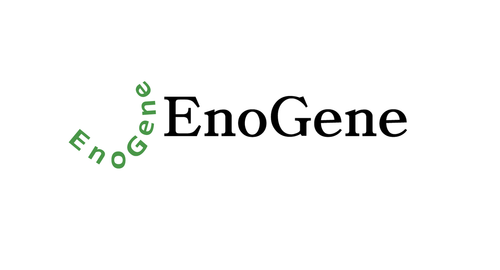Product Description
CRY2 polyclonal Antibody | GCP96 | Bioworld
Host: Rabbit
Reactivity: Human
Application: WB IF
Application Range: WB: 1:1000~1:2000 IF: 1:50~1:200
Background: Circadian clocks are biological timepieces that regulate hormonal rhythms, sleep cycles and feeding behaviors. These rhythms are generated in the superchiasmatic nucleus (SCN), a cell-autonomous circadian oscillator located within the brain that is synchronized with the environment by light. A number of transcription factors, including Clock and BMAL1, are molecular components of the SCN that induce the expression of proteins involved in light/dark cycle entrainment, which include Per1 and Per2. Tim, for timeless, generates a negative feedback loop that regulates the activity of Clock by suppressing the expression of Clock target genes. Tim forms heterodimers with Per1 and Per2 that bind Clock and block the activation of Clock-BMAL1 dimers to repress Per gene expression. Additionally, the CRY proteins, which are cryptochrome photoreceptors for the circadian clock, function as light-independent inhibitors of the circadian clock. CRY1 and CRY2 negatively regulate SCN components by associating with the activators Clock-BMAL1, and also with the various feedback inhibitors Per1, Per2 and Tim.
Storage & Stability: Store at 4°C short term. Aliquot and store at -20°C long term. Avoid freeze-thaw cycles.
Specificity: CRY2 polyclonal Antibody detects endogenous levels of CRY2 protein.
Molecular Weight: ~ 65 kDa
Note: For research use only, not for use in diagnostic procedure.
Alternative Names: Cryptochrome-2
Immunogen: Synthetic peptide, corresponding to Human CRY2.
Conjugate: Unconjugated
Modification: Unmodification
Purification & Purity: The Antibody was affinity-purified from rabbit antiserum by affinity-chromatography using epitope-specific immunogen and the purity is > 95% (by SDS-PAGE) .
Pathway: Phosphoinosotode Signaling,PI3K AKT signaling,Protein Kinase C Signaling,Immune Cell Signaling,Warburg Effect,Translational Contral elF4 and p70 S6 Kinase,Regulation of Microtubule Dynamics,T cell receptor signaling,Inhibition of Apoptosis,Insulin &Glucose Signaling,Cell Cycle Control G1 S Checkpoint,Adherens Junction signaling,Mitochondrial Control of Apoptosis,MTOR signaling,ErbB HER Signaling,
 Euro
Euro
 USD
USD
 British Pound
British Pound
 NULL
NULL












